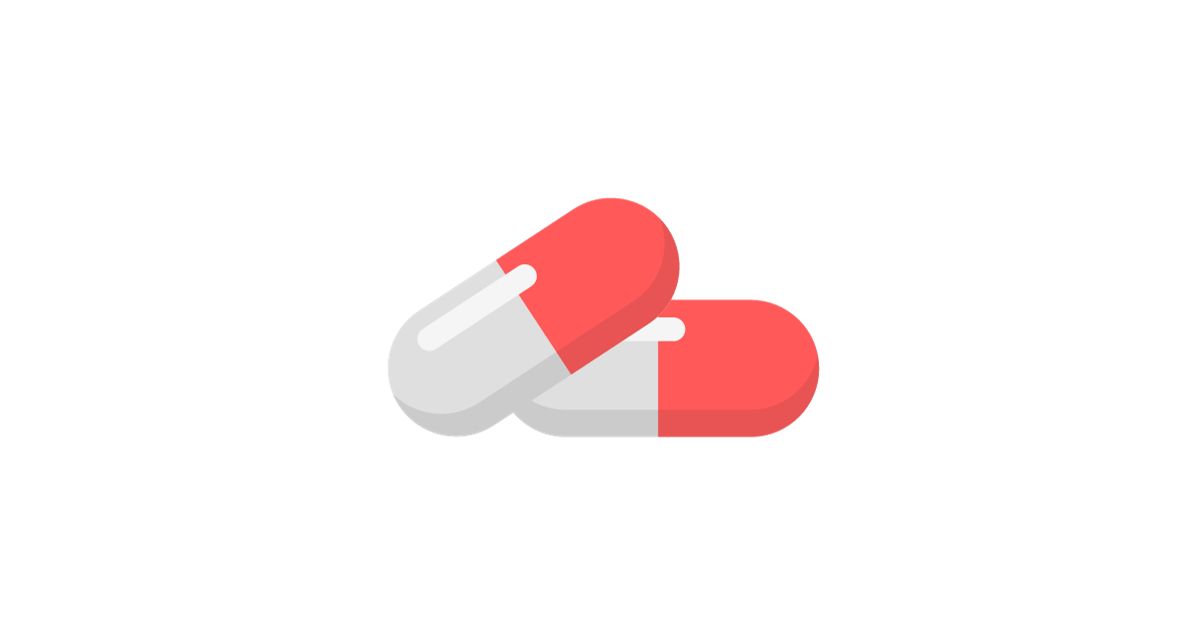Introduction
Making medication mistakes can be common, but when it comes to babies and toddlers, it can become unavoidable! In fact, every year, thousands of children are brought up for medical emergencies because of an overdose of medication or mistakenly taking a medicine. When your kid needs more than just cuddles and snuggles, giving medicines is the right solution, but administering too much or too little can be intoxicating. Therefore, as parents, it is important to know some essential medication safety tips and guidelines to make sure your child is getting the right amount of dosage. Read below this article to explore the best medication safety tips to make your job easier.
Giving medicines safely
Here are some tips on how to give medicine to your child safely.
- Follow the directions and dosage mentioned on the label to ensure the right amount of medicine is given.
- Make sure to read the label carefully to ensure that you don’t accidentally overdose medications containing the same active ingredients.
- If you keep your child under the supervision of a caregiver, make sure to give them proper instructions about medicine dosage. You might also use equipment such as droppers or dosing spoons to ensure the right amount is being given.
- Make sure you read the instruction label to double-check whether food must be taken or not before consuming the medicine.
- Lastly, it is advised not to refer to pills as candy in front of your kid, as it might increase the risk of your little one intentionally trying out the medicine.
Safely Storing the Medicines
Here are some tips on how you should store the medicines.
- Keeping them out of your child’s reach by placing them at a height or beyond their sight will ensure your child does not grab them accidentally. You can try putting them on higher shelves where your children cannot reach them easily.
- Items, such as eye drops or vitamin tablets, might hurt your child. Hence, these should be stored out of your children’s sight.
- It is advisable to use child-resistant medicine boxes and place them in out-of-reach places so that your child cannot get into them easily.
Disposing of the medicines properly
Here are some tips on how you should store the medicines.
- Dispose of the expired medications to prevent any risk of your child accidentally consuming expired medicines.
- It is advisable to use sealed plastic bags so they are out of reach for pets and kids before throwing them away.
Deal with the Possible Side Effects
You might encounter some side effects, such as body rashes, allergic reactions, vomiting, diarrhea, dizziness, shaking, swelling, or an increased heart rate, as a response to certain medications. For example, medications such as aspirin must never be given to kids up to 5 years of age, as they may have certain consequences. In such cases, the best way is to consult a doctor immediately. Always check up with a doctor about the possible side effects of the prescribed medicines.
Conclusion
While it’s important to avoid giving medicines to your little ones, in some cases, when the at-home remedies don’t work, giving medicine is the only choice left. In the above article, we have provided a complete list of safety guidelines and tips that you should take care of. In cases of emergencies, seeking the advice of a doctor is recommended.








